Life on Earth
It's surely our responsibility to do everything within our power to create a planet that provides a home not just for us, but for all life on Earth
Our home, Earth, is more than 4.5 billion years old.
Nurtured by a climate that provides a blanket that protects us from the extremes, life has flourished on Earth for more than 3.5 billion years, and more than 2 million different species of plants and animals now call Earth home.
We humans have been around for 250,000 years, the blink of an eye in the history of life on Earth. We evolved from nature, and we have always relied on the natural world to provide us the air, water, food, physical, emotional and spiritual needs to survive.
Over time, whilst being reliant on nature, we also learned how to shape the world around us. The cognitive, agricultural, scientific, industrial and now technological revolutions have led to an explosion in human knowledge, development, economic activity, population, longevity and well-being.
We have no replacement planet, we have only this one - and we have to take action
However, these stunning developments also led to an explosion in the human use of the planet's resources, and disrupted our relationship with the natural world.
Deforestation, pollution, depletion of the Ocean's resources, loss and degradation of landscapes, and disruption of the Earth's climate now threatens to unravel the very fabric of life on Earth. On our current trajectory more than half of our planet's life forms are threatened with extinction this century.
This is our most important and urgent challenge. For humanity to re-connect with our natural world. To protect and restore the natural world upon which we all rely. To stabilise human population, to decouple economic growth from growth in resource use, and to re-imagine how we organise our society and economy so that humans and nature can thrive together.
Kuno is the platform for you to explore and join the thinking, campaigns, people and groups working to ensure for the future of Life on Earth.

The future of Life on Earth
Biologist, writer and one of the world's great thinkers, Edward O Wilson, explores and makes a compelling case for the future of Life on Earth, in this extended interview.
Biologist, writer and one of the world's great thinkers, Edward O Wilson, explores and makes a compelling case for the future of Life on Earth, in this extended interview.

How to save life on Earth
Biologist and Pulitzer winner E.O. Wilson's proposes a bold plan to preserve the world’s biodiversity: set aside half of the entire planet for natural habitats.
Biologist and Pulitzer winner E.O. Wilson's proposes a bold plan to preserve the world’s biodiversity: set aside half of the entire planet for natural habitats.

Marina Silva - champion of the Amazon
Born in the Amazon, Marina Silva has been a major figure for decades in its preservation. This film explores her life.
Born in the Amazon, Marina Silva has been a major figure for decades in its preservation. This film explores her life.

Pale Blue Dot: Carl Sagan
In this famous and compelling speech, Carl Sagan contextualises humankind's home, Earth.
In this famous and compelling speech, Carl Sagan contextualises humankind's home, Earth.
Articles about Life on Earth
See more articles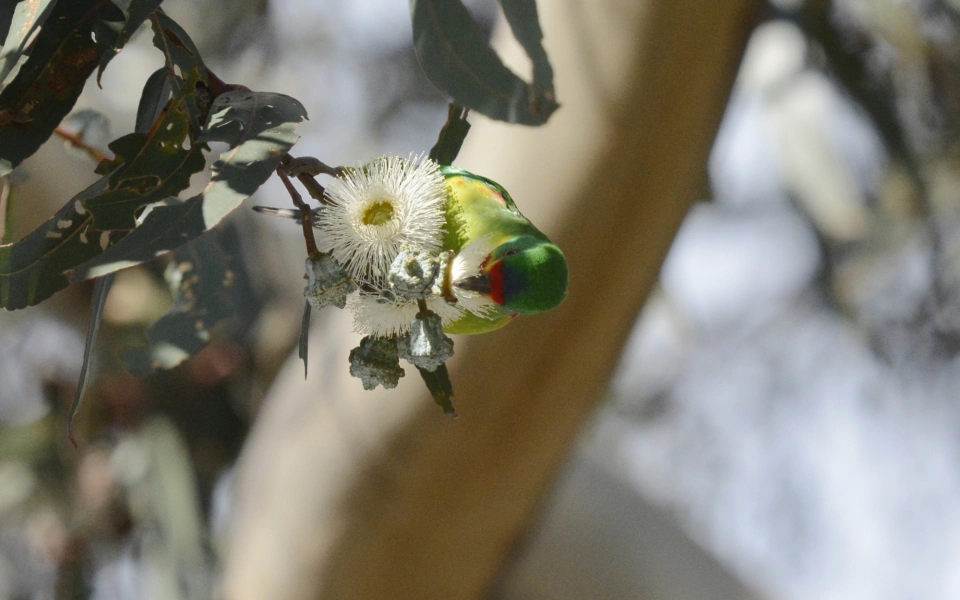
Bruny Youth Stories Prize
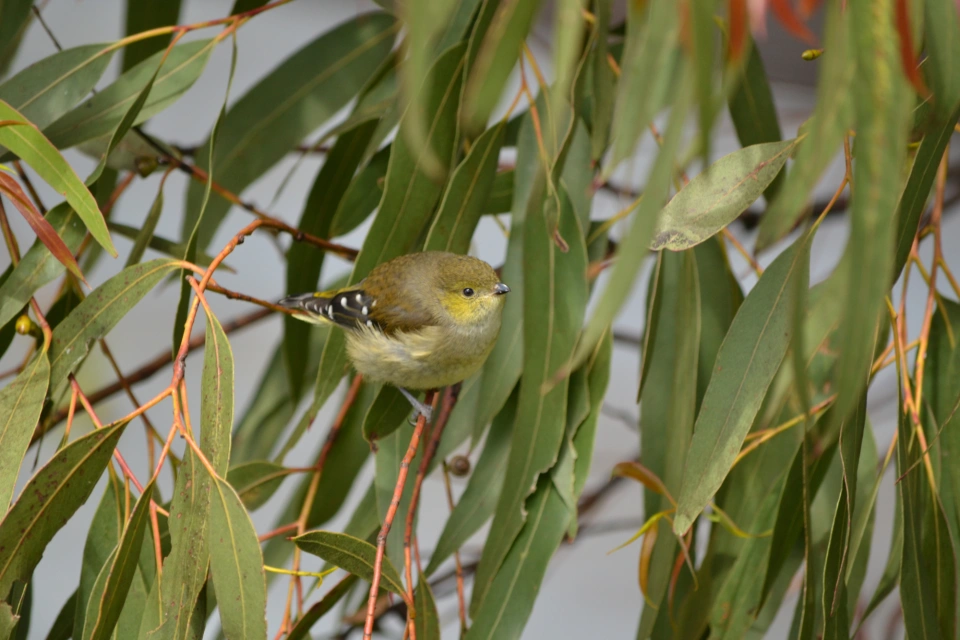
Bruny Youth Stories Prize
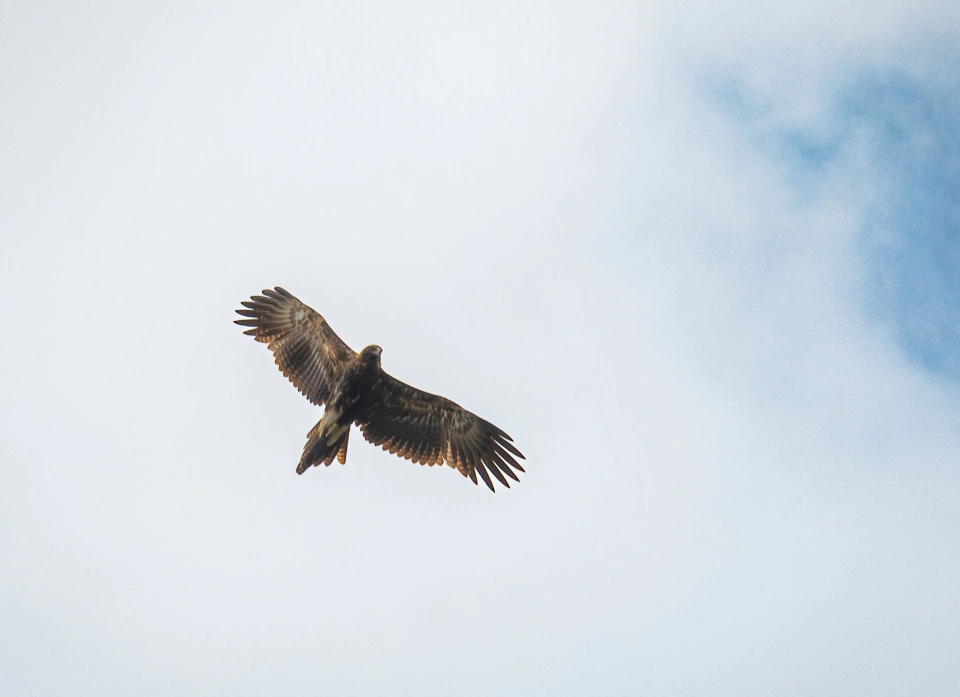
Bruny Youth Story Prize
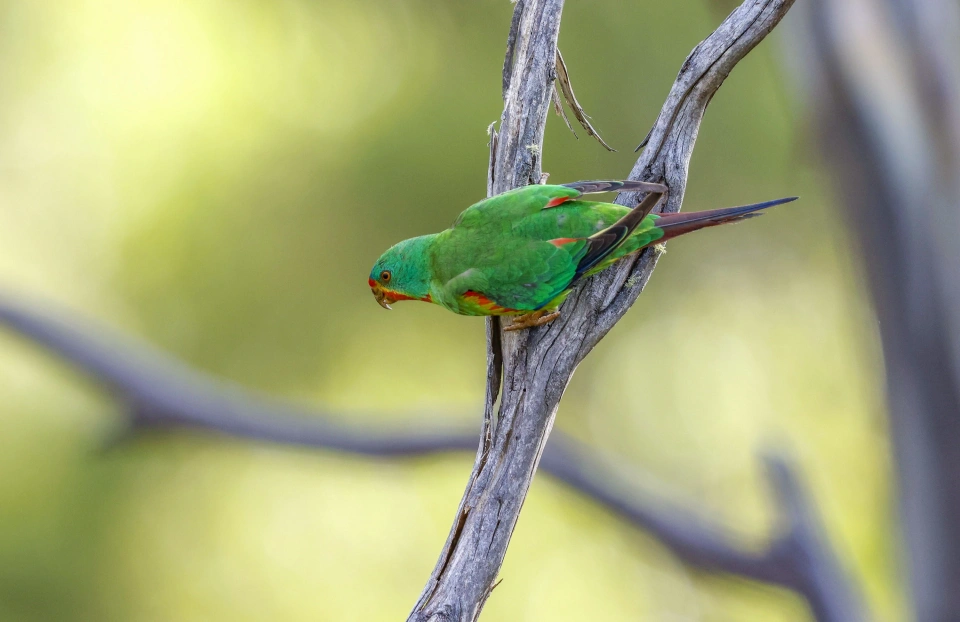
Bruny Youth Stories Prize
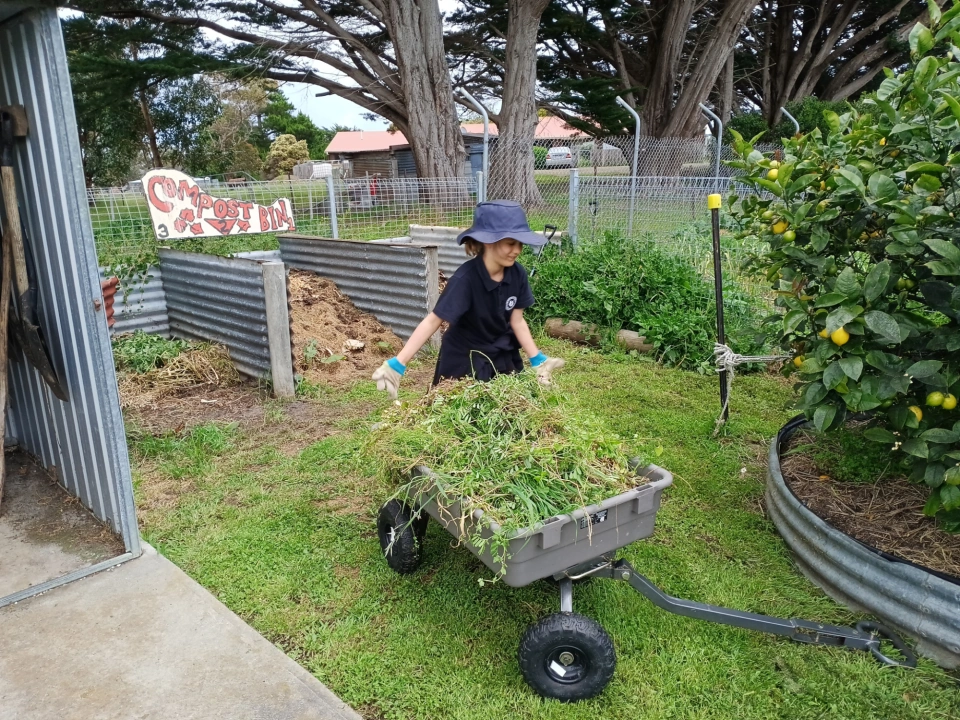
The role of gardens in schools-Wellbeing and Vitamin N
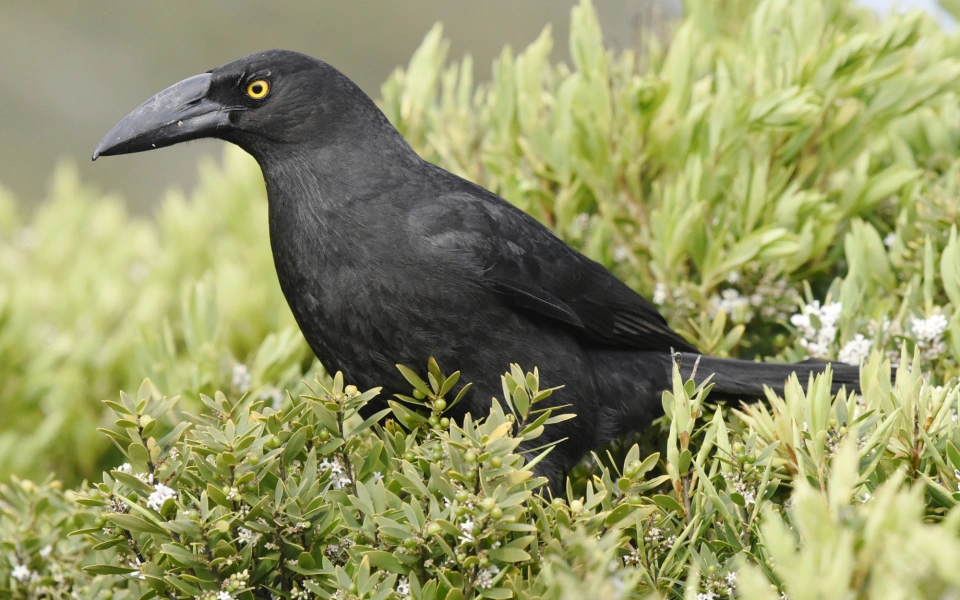
Bruny Youth Stories Prize
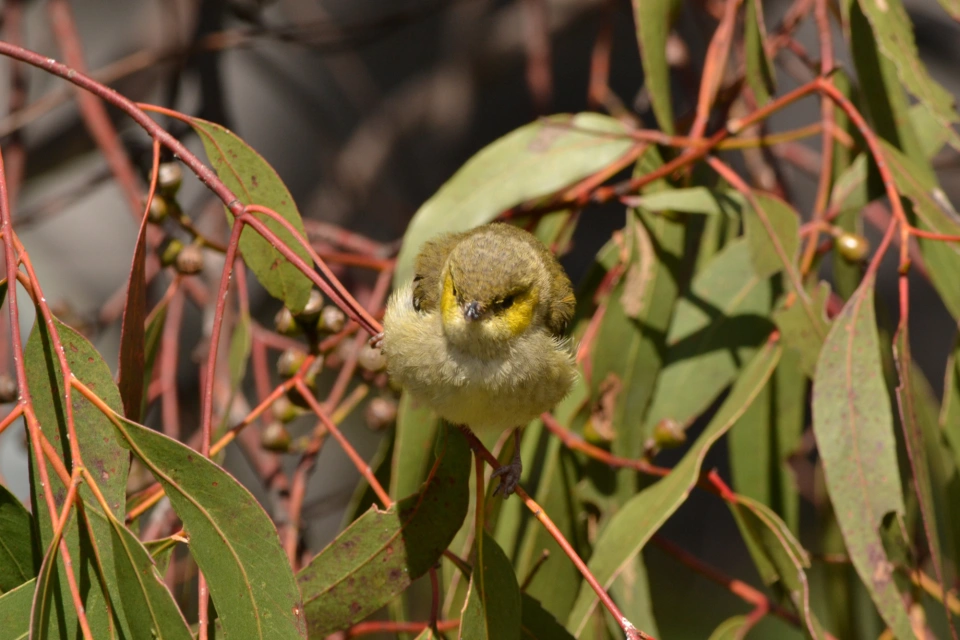
Bruny Youth Stories Prize
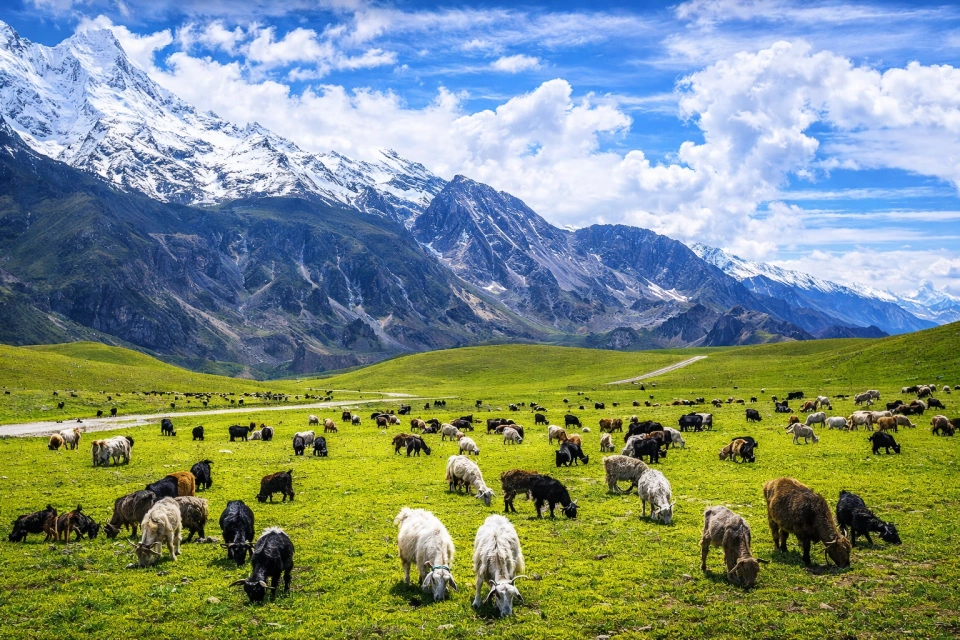
When Spring Comes to the Mountains
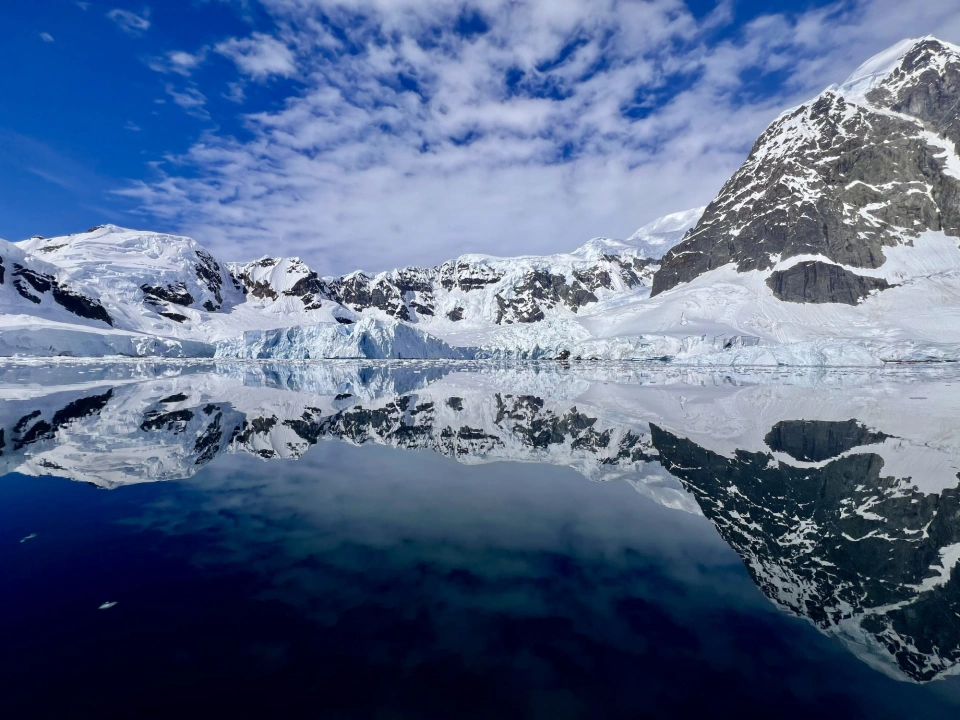
Where Words Fall Short
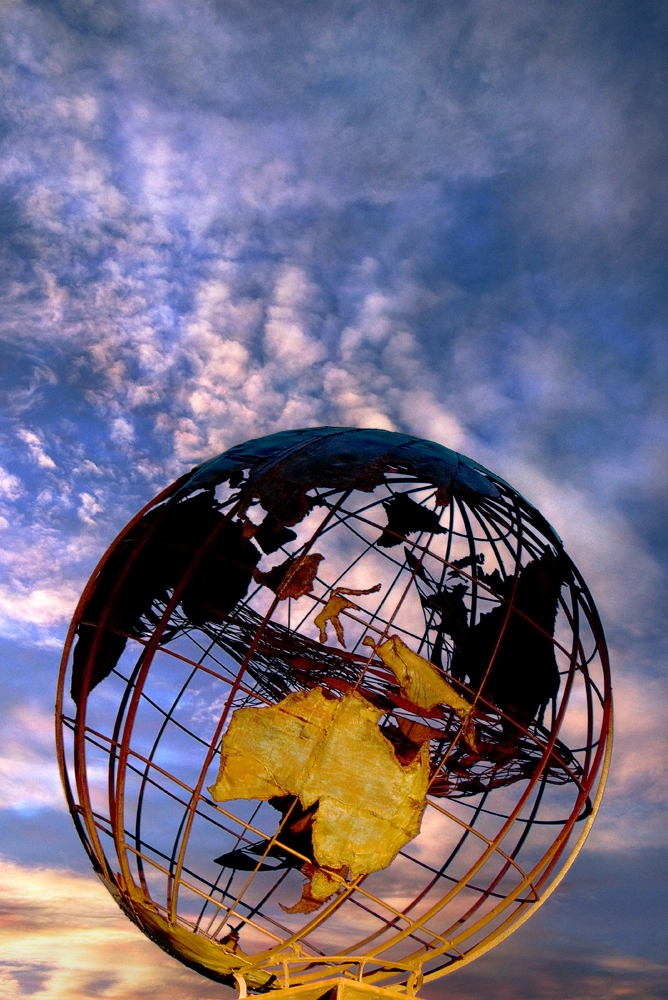
Bruny Youth Stories Prize
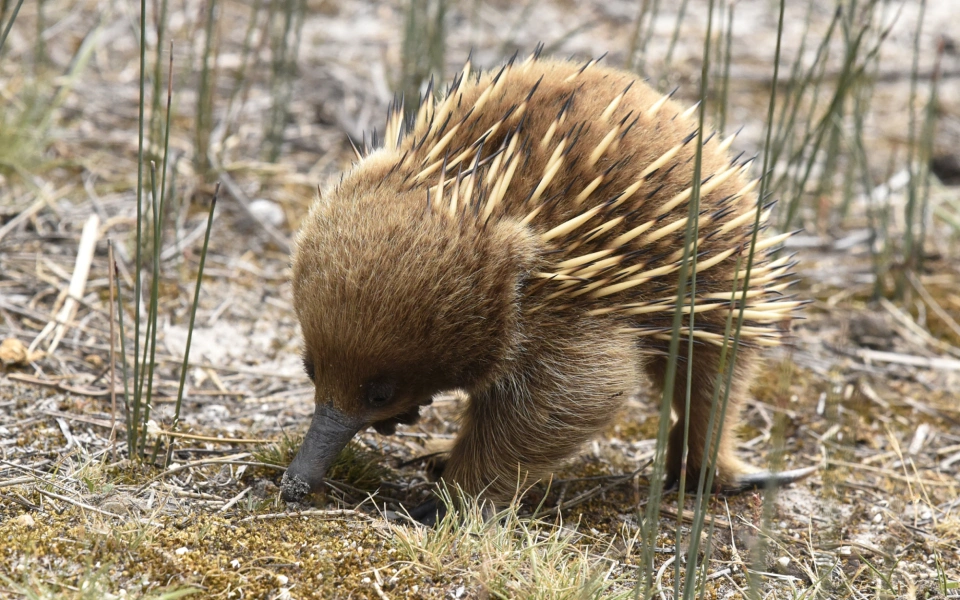
An echidna friend
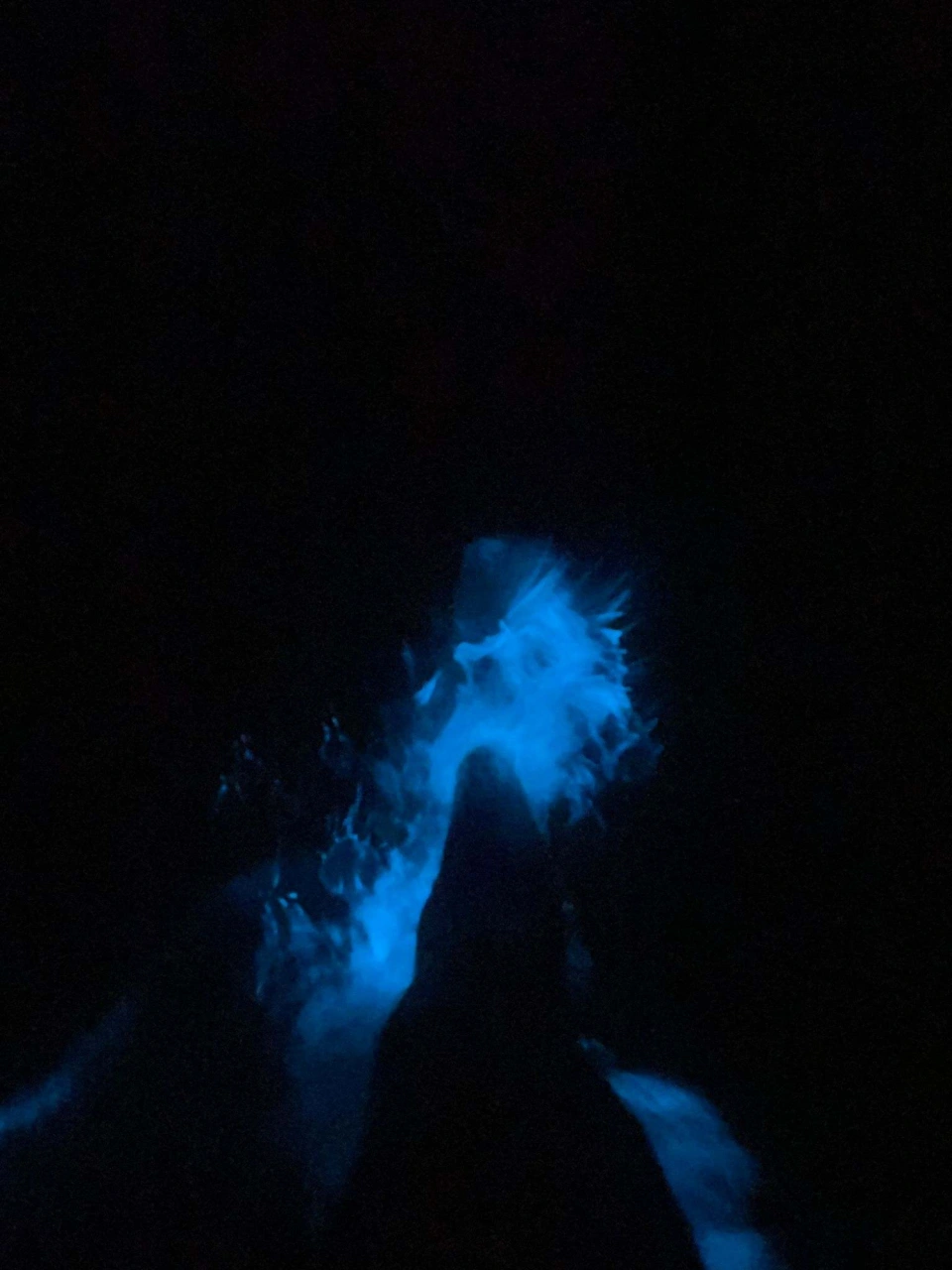
A summer to remember
Dig deeper into life on earth
Newsletter
Sign up to keep in touch with articles, updates, events or news from Kuno, your platform for nature
